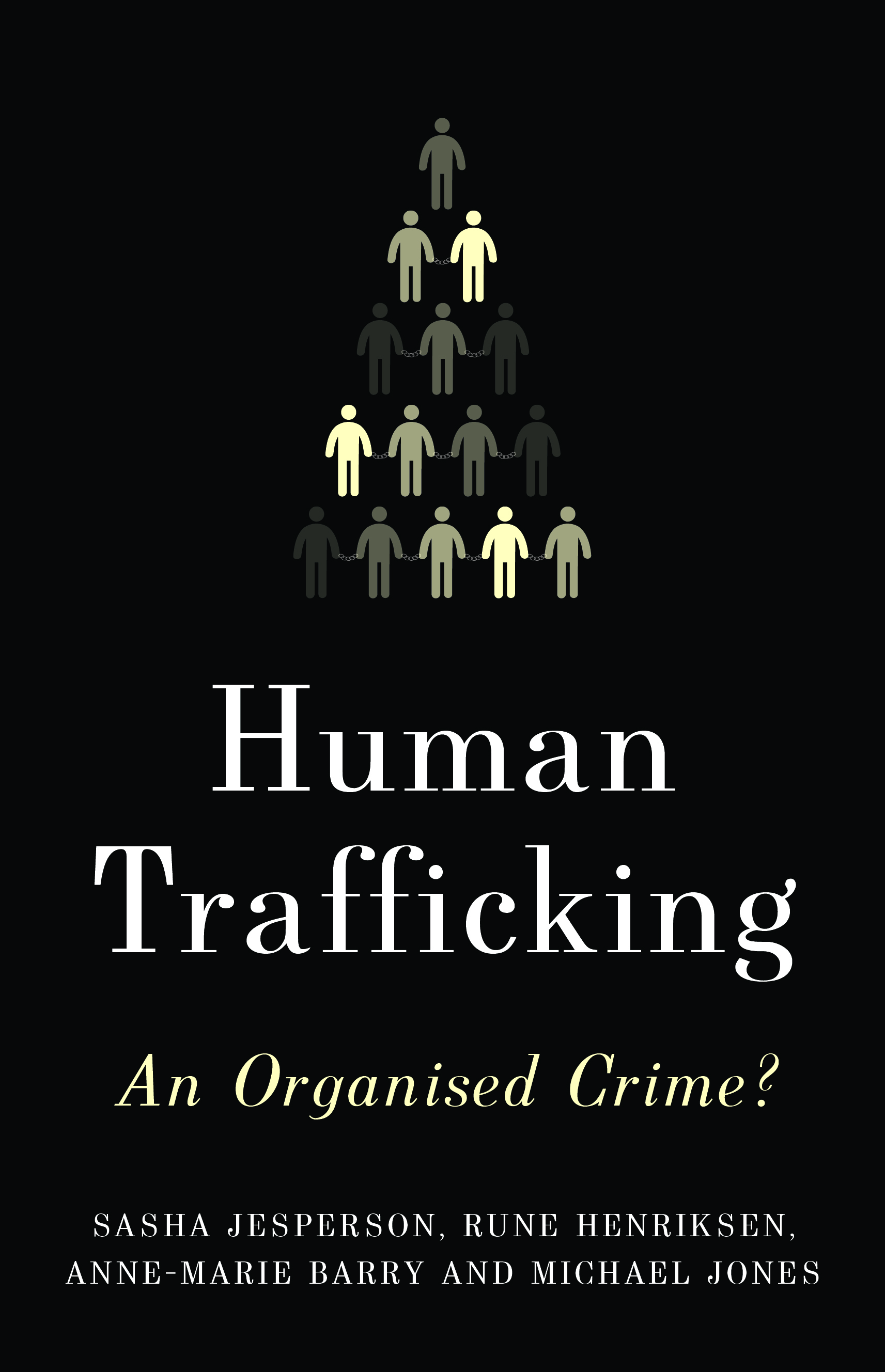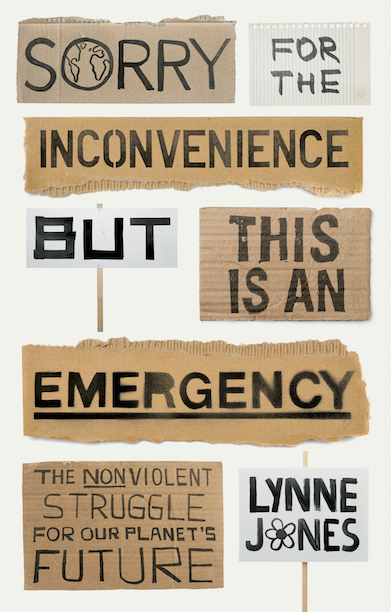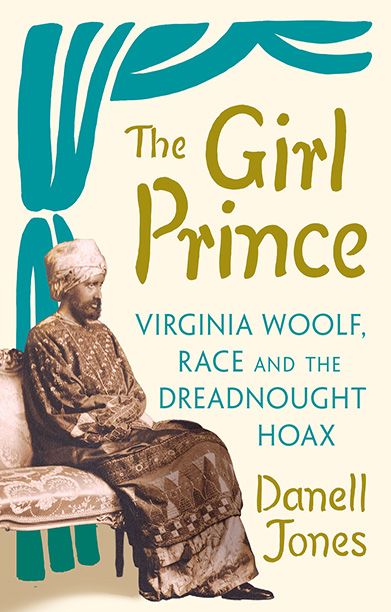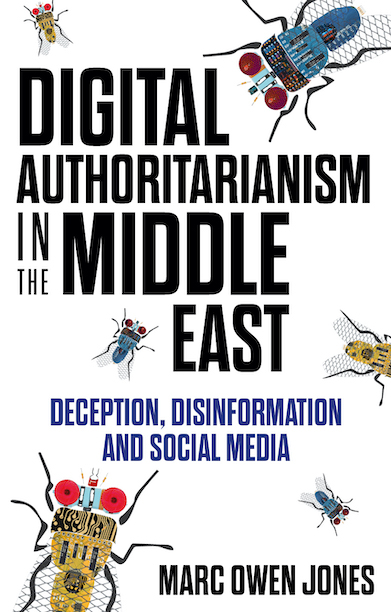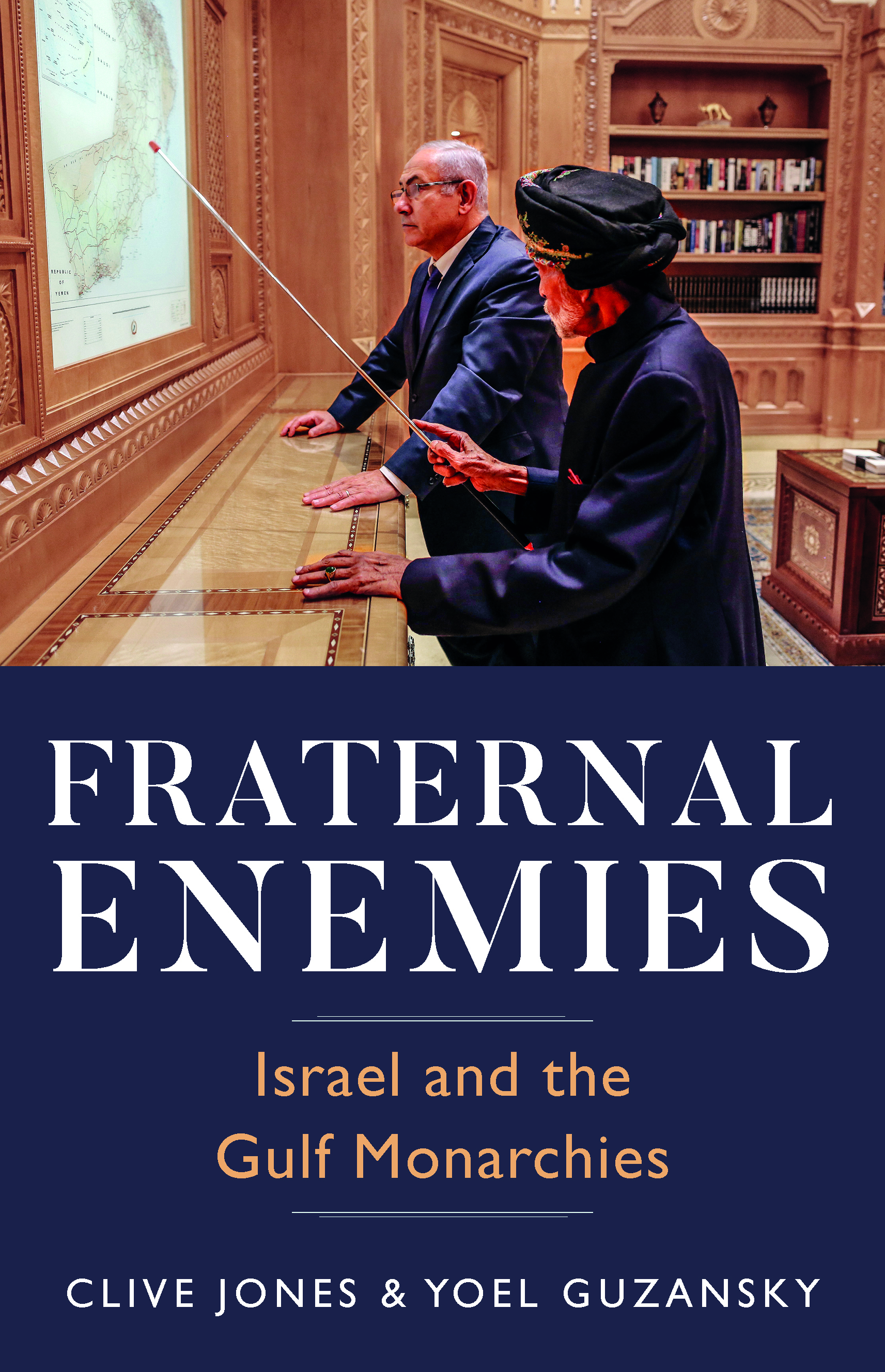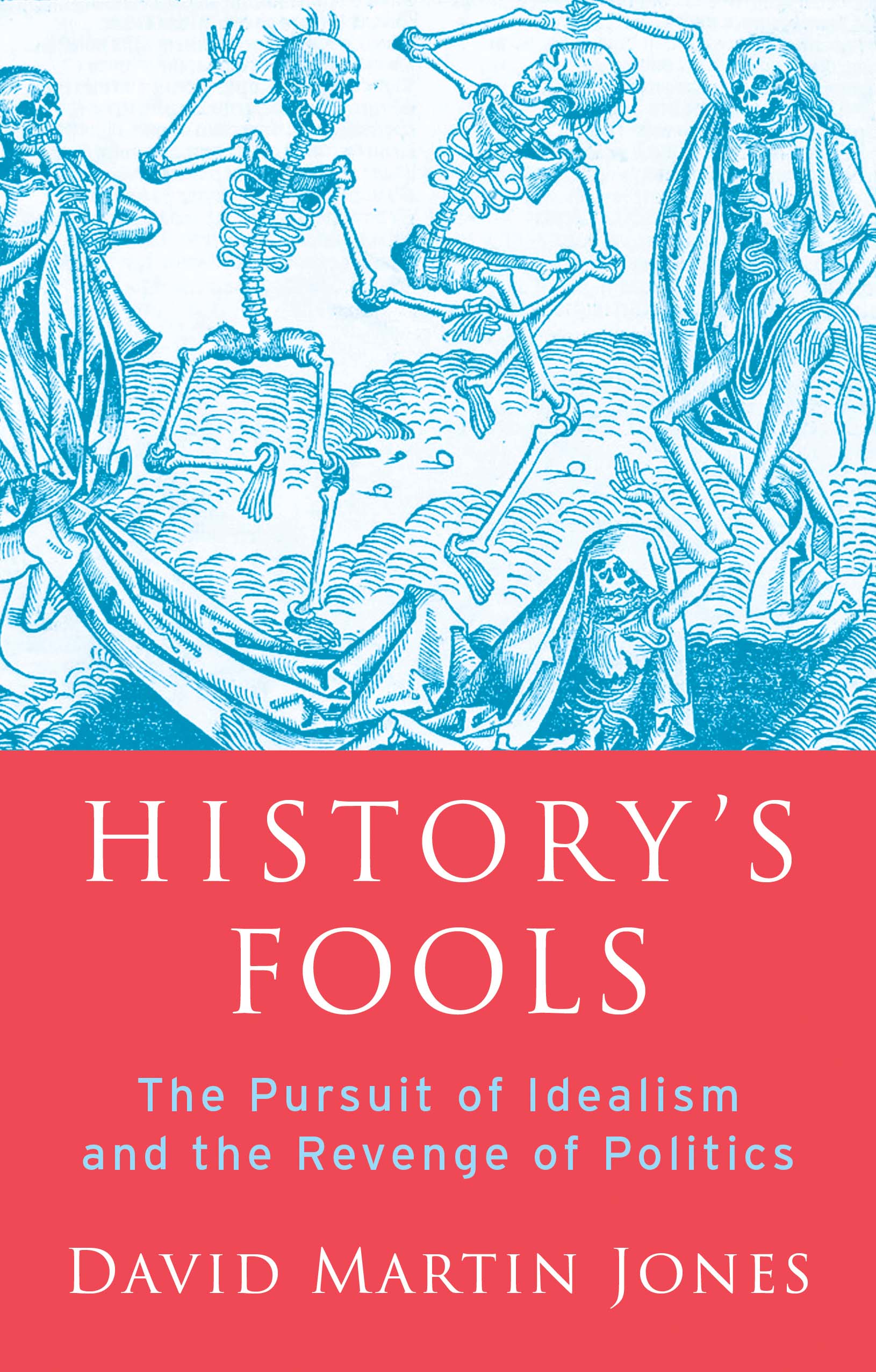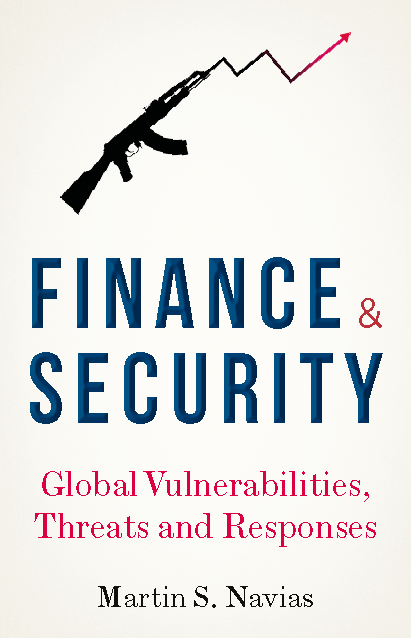Human Trafficking
An Organised Crime?
Reveals how accepted representations of human trafficking, simplified by the media and even by governments and NGOs seeking to stop slavery, are incorrect, inadequate and harmful
Description
‘Human trafficking’ brings to mind gangsters forcing people, often women and girls, to engage in dangerous activities against their will, under threat of violence. However, human trafficking is not limited to the sex trade, and this picture is inadequate. It occurs in many different industries––domestic service, construction, factory labour, on farms and fishing boats––and targets people from all over the globe.
Human trafficking is much more complicated and nuanced picture than its common representations. Victims move through multiple categories along their journey and at their destination, shifting from smuggled migrant to trafficking victim and back again several times. The emergence of a criminal pyramid scheme also makes many victims complicit in their own exploitation. Finally, the threat posed by the involvement of organised crime is little understood. The profit motives and violence that come with such crime make human trafficking more dangerous for its victims and difficult to detect or address.
Drawing on field research in source, transit and destination countries, the authors analyse trafficking from four countries: Albania, Eritrea, Nigeria and Vietnam. What emerges is a business model that evolves in response to changes in legislation, governance and law enforcement capacities.
Reviews
‘A very interesting study.’ — CHOICE
‘Relying on extensive field research, this book is a valuable resource for researchers and practitioners working on organised crime. The authors take a nuanced approach to human trafficking and smuggling and their analysis resonates beyond the case studies under exam.’ — Virginia Comolli, Senior Fellow for Conflict, Security and Development, The International Institute for Strategic Studies
‘Challenging common sense assumptions about human trafficking and organised crime, this book should become a must read for anyone interested in developing a more nuanced understanding and unpicking binaries: Smuggler or trafficker? Victim or culprit? Choice or coercion? Organised crime or ad hoc network? A welcome addition to understanding this complex phenomenon.’ — Carole Murphy, Senior Lecturer in Criminology and Sociology, and Deputy Director of the Centre for the Study of Modern Slavery at St Mary’s University
Author(s)
Sasha Jesperson is Director of Transnational Challenges at Aktis Strategy.
Rune Henriksen is Deputy Director of the RHIPTO Norwegian Center for Global Analyses.
Anne-Marie Barry is a research associate with the Centre for the Study of Modern Slavery, St Mary’s University.
Michael Jones is a National Security and Resilience Team research analyst at RUSI.
